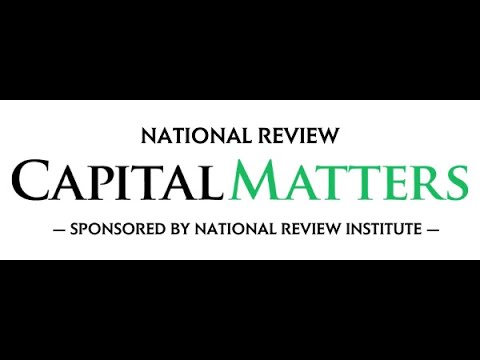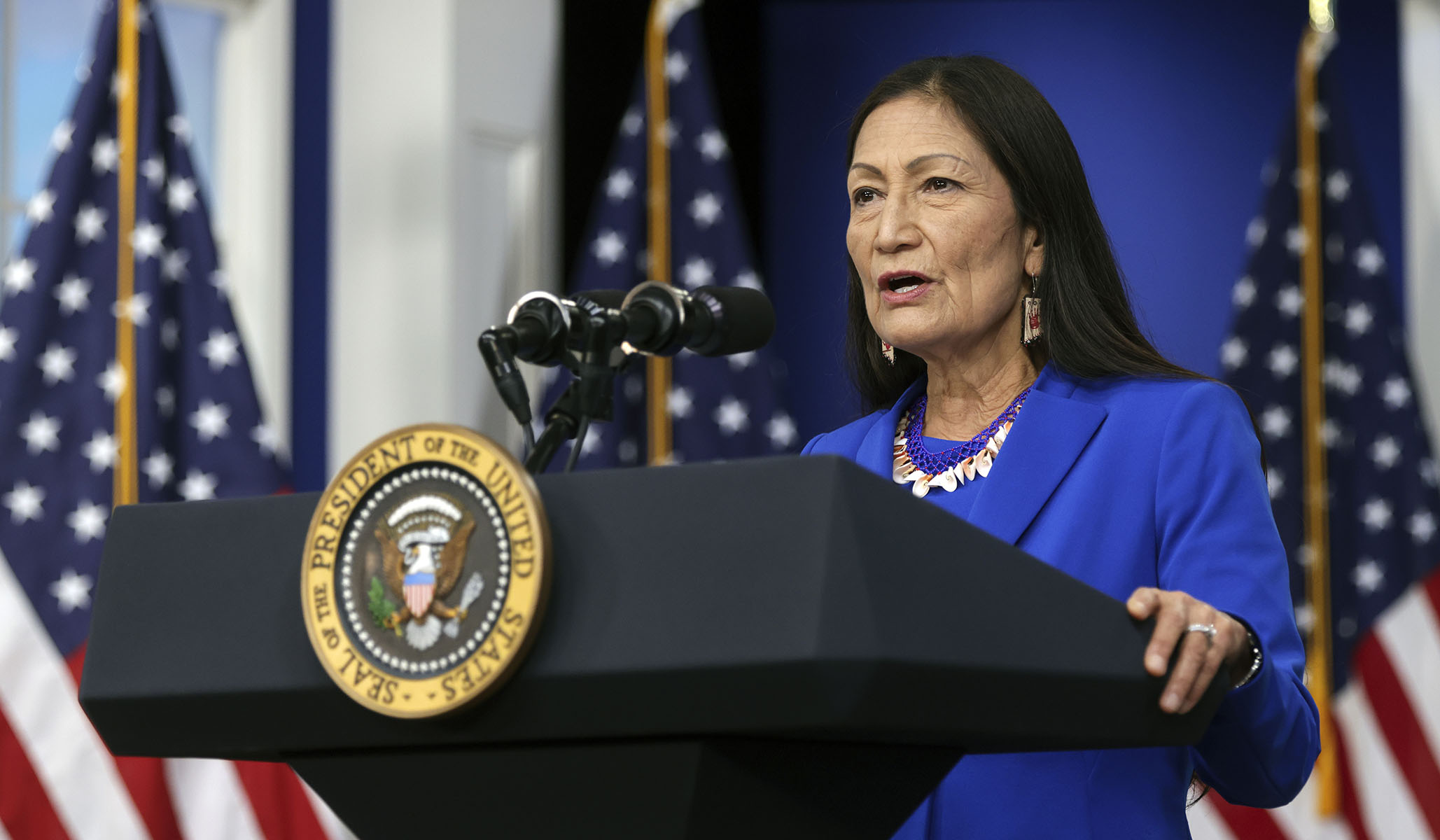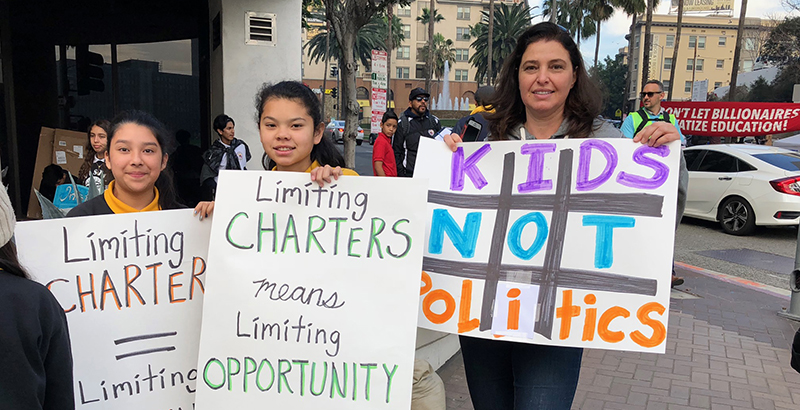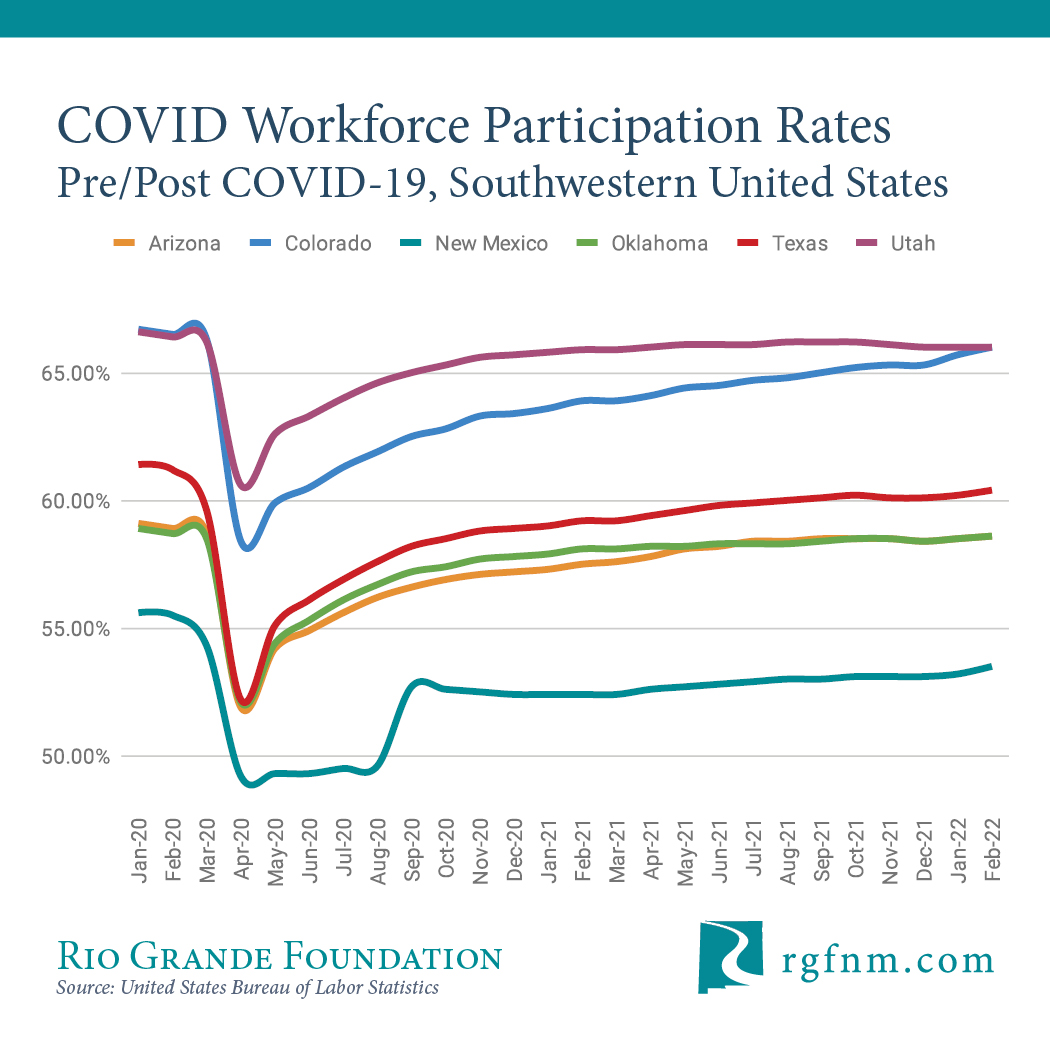
Any car-owning American who has taken a recent trip to the pump will be able to tell you one thing: Gas is expensive. Really expensive. Indeed, as of last week, a gallon costs $4.231 — up $1.379, from a year ago. (The same trend is true for natural gas.) The crisis has evidently lasted longer — and proved more economically serious — than the Biden administration suggested.
Curiously, the cabinet official best equipped to address it has remained completely mum on the issue. I’m referring to former New Mexico political activist, former member of the U.S. House of Representatives, and current secretary of the Department of the Interior, Deb Haaland.
Secretary Deb Haaland manages the federal government’s onshore subsurface mineral estate — about 700 million acres (30 percent of the United States) held by the Bureau of Land Management alone. There are, of course, additional oil and gas resources to be found on tribal lands, in the Alaska National Wildlife Refuge, and on the outer continental shelf.
According to the website operated by the Department of the Interior’s Bureau of Land Management, in fiscal year 2018 (which is unfortunately the most recent data available), sales of oil, natural gas, and natural-gas liquids produced from the federal and tribal mineral estate accounted for only a small fraction of total sales in the U.S. (8 percent of all oil, 9 percent of all natural gas, and 6 percent of all natural-gas liquids).
These numbers could be much higher. In the best of times, the federal government might be a more difficult partner for oil and gas companies than private landowners or even state land offices that have a much stronger financial incentive to approve permits than does Washington. Now, with the avowedly anti-fossil-fuels Biden administration and anti-oil-and-gas activist Deb Haaland in control of the Interior Department, the permitting situation is much worse.
And that’s the point of this critique. If the Biden administration really wanted to address rising gas prices, it could do so most readily by encouraging drilling on federal lands — especially on onshore resources in Deb Haaland’s home state of New Mexico.
Yet rather than pursuing that fairly simple solution, the administration would rather plead with such hostile nations as Venezuela and Iran to expand their production.
Whether it is Deb Haaland calling the shots within the administration on energy policy or whether she is just one of many decision-makers, the Biden administration’s embrace of anti-energy environmental groups and their policies appears to be the root cause. Not surprisingly, Haaland herself rose to some level of prominence by opposing traditional energy, calling for a fracking ban, and promoting the Green New Deal. “I am wholeheartedly against fracking and drilling on public lands,” Haaland said in an interview with the Guardian in May 2019.
Haaland is unlikely to moderate her views, even as skyrocketing energy prices have become a major problem. Instead, she avoids dealing with the issue entirely. Consider just a few examples:
- The Interior Department and its associated agencies have not issued a single press release on the energy-crisis situation, much less about increasing production on federal lands.
- There have been no tweets from Secretary Haaland on the issue of increasing energy production on federal lands.
- When the secretary does focus on energy issues, as she did in a visit to Ohio, the focus is on infrastructure — cleaning up orphan wells, legacy pollution from extractive industries, and moving toward renewables.
- Oddly, even Haaland’s calendar hasn’t been updated in nearly a year (since March 2021).
While the Interior Department and Deb Haaland have been completely missing in action during the ongoing energy crisis, Energy secretary Jennifer Granholm is at least publicly calling for ramping up production. Previously the White House was “quietly” calling for more production, but you can look far and wide for specific Biden-administration policies to increase supply. The best you’ll get is the recently announced release from the Strategic Petroleum Reserve.
Unfortunately for hard-pressed motorists and, more generally, American consumers being throttled by high inflation, the Department of Energy can’t really do anything directly to address America’s energy crisis. The department that can, though, is nowhere to be seen. Perhaps the administration simply doesn’t want Haaland front and center because she has such a long track record of opposing the very energy resources necessary to solve the current crisis.
Will Haaland come out of “hiding” to lead the charge on behalf of increasing American supplies of oil and gas? I’m not holding my breath. This administration remains more beholden to radical environmental groups than any in history. Prices may come down a bit if the war in Ukraine ends, but high gas prices and constrained American production are a feature, not a bug, for the Biden administration and its interior secretary.
Paul Gessing is president of New Mexico’s Rio Grande Foundation.

























